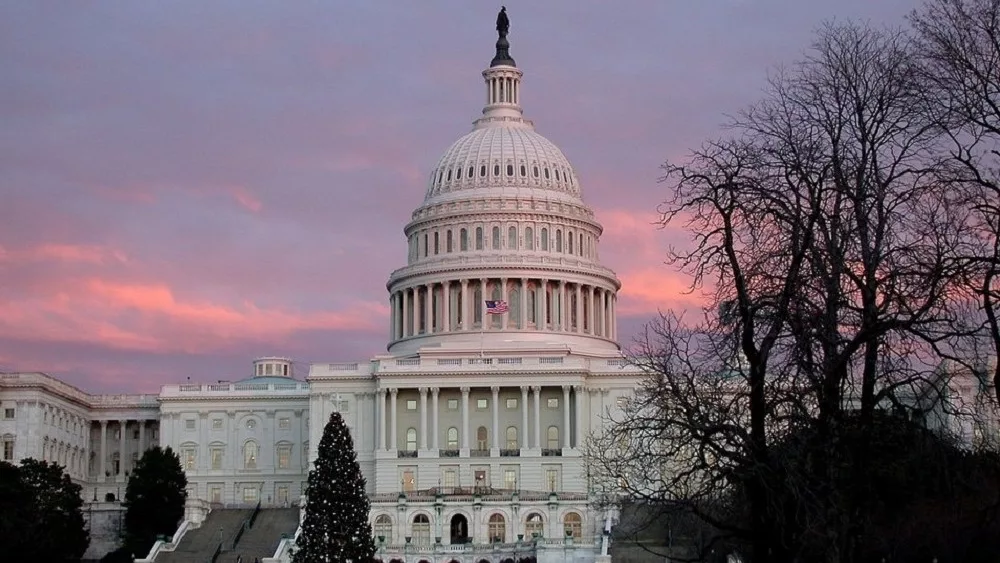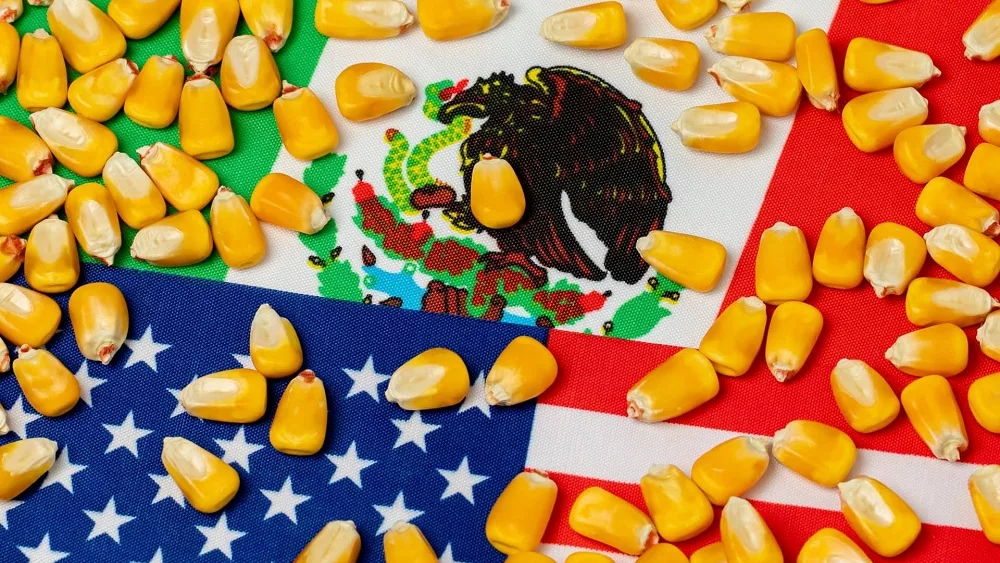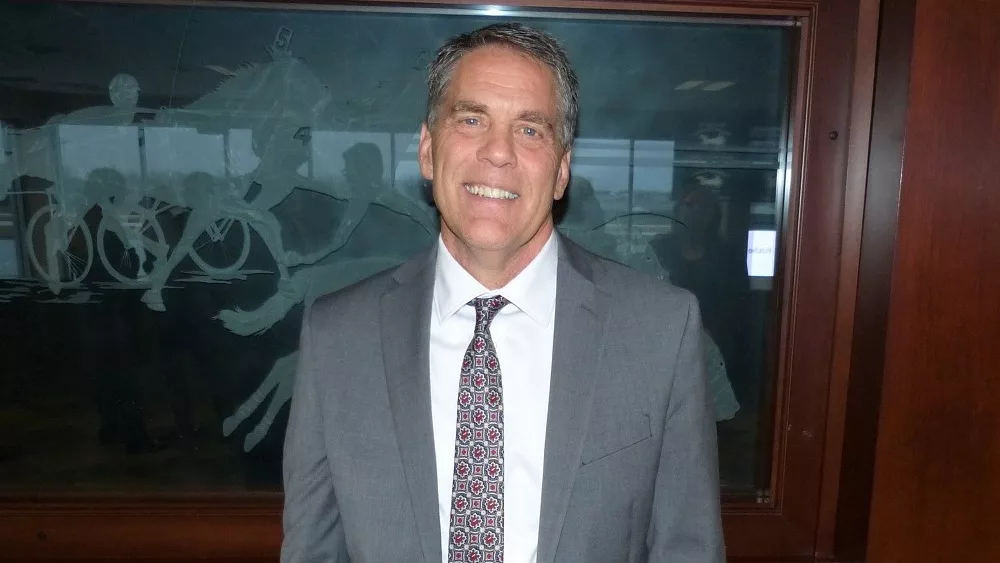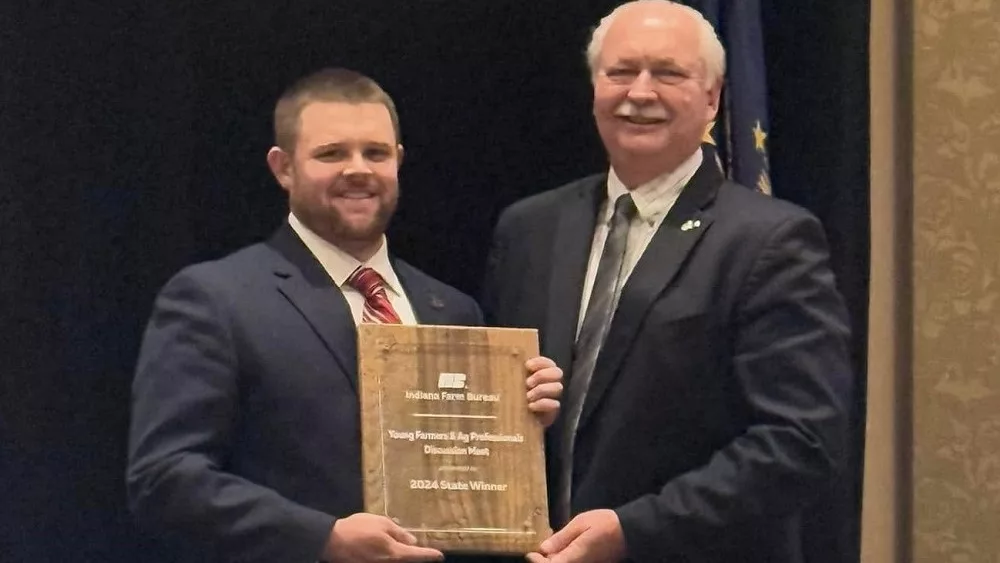 Indiana has achieved free status for highly pathogenic avian influenza (HPAI) according to the Indiana State Board of Animal Health. This designation, as listed with the World Organization for Animal Health (WOAH, formerly OIE), allows exports and international trade for Indiana poultry products to be restored.
Indiana has achieved free status for highly pathogenic avian influenza (HPAI) according to the Indiana State Board of Animal Health. This designation, as listed with the World Organization for Animal Health (WOAH, formerly OIE), allows exports and international trade for Indiana poultry products to be restored.
Indiana’s poultry owners should know that a HPAI-free status is not an “all clear” or an indication that the risk of the disease is over in Indiana or the United States. Owners of all flocks, large and small, are asked to continue practicing safe biosecurity measures to prevent an introduction of the virus.
The first HPAI case of 2022 in Indiana—and the nation—was confirmed in early February in a Dubois County turkey flock. To date, Indiana has had nine commercial poultry flocks (ducks and turkeys) and four small/hobby flocks (mixed species) test positive for HPAI in five counties. All commercial sites have been cleared to restock at the owner’s discretion. All control areas and surveillance zones have been released.
The findings of HPAI in Indiana in February had led to the depopulation of more than 171,000 turkeys and 17,000 ducks raised specifically for commercial production.
 The influenza virus is still very active throughout parts of the United States. HPAI has been identified on 395 poultry sites in 38 states since February. Wild birds infected with HPAI have been found from coast to coast in various species, including waterfowl (ducks, swans, geese, gulls, etc.), raptors (hawks and eagles), as well as other common species (American robin, common raven, wild turkey).
The influenza virus is still very active throughout parts of the United States. HPAI has been identified on 395 poultry sites in 38 states since February. Wild birds infected with HPAI have been found from coast to coast in various species, including waterfowl (ducks, swans, geese, gulls, etc.), raptors (hawks and eagles), as well as other common species (American robin, common raven, wild turkey).
Steps should be taken to minimize wild-bird exposure to poultry as much as possible. Nationally, concern is growing that another wave of HPAI cases could crop up when fall migration begins.
Under WOAH guidelines, HPAI-free status can be declared for a state or region after the disease has been eliminated on all affected farms and no new infections are detected during a minimum waiting period of 28 days.
The Indiana State Board of Animal Health says it has been working with multiple state and federal partners since February to respond to this event, including Indiana Department of Health, Indiana Department of Homeland Security, Indiana Department of Natural Resources, Indiana Department of Environmental Management, and USDA Veterinary Services, Wildlife Services and Farm Service Agency.
The Indiana State Board of Animal Health stresses that avian influenza does not present a food safety risk; poultry and eggs are safe to eat. Officials are not aware of any public health significance with this virus. No cases of human infection have been reported. Human health agencies will be monitoring workers and others in contact with birds to monitor for influenza-like illness.
Hobby poultry owners are encouraged to be aware of the signs of avian influenza and report illness and/or death to the USDA Healthy Birds Hotline: 866-536-7593. Callers will be routed to a state or federal veterinarian in Indiana for a case assessment. Dead birds should be double-bagged and refrigerated for possible testing.
Signs of HPAI in birds include sudden death without clinical signs; lack of energy or appetite; decreased egg production; soft-shelled or misshapen eggs; swelling or purple discoloration of head, eyelids, comb, hocks; nasal discharge; coughing; sneezing; lack of coordination; and diarrhea.
Click HERE to report any additional sick or dead wild birds through DNR’s online sick and dead wildlife reporting system.
Source: Indiana State Board of Animal Health.




